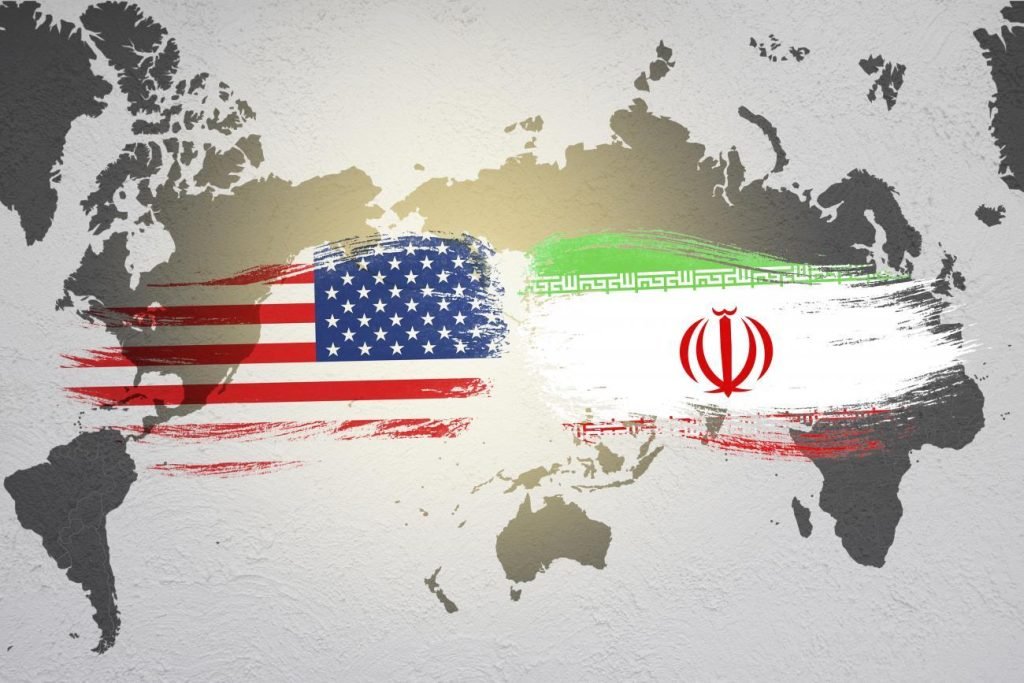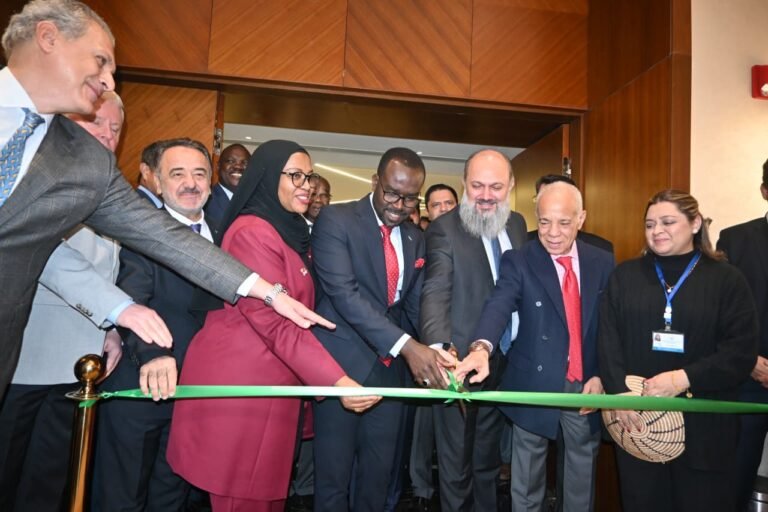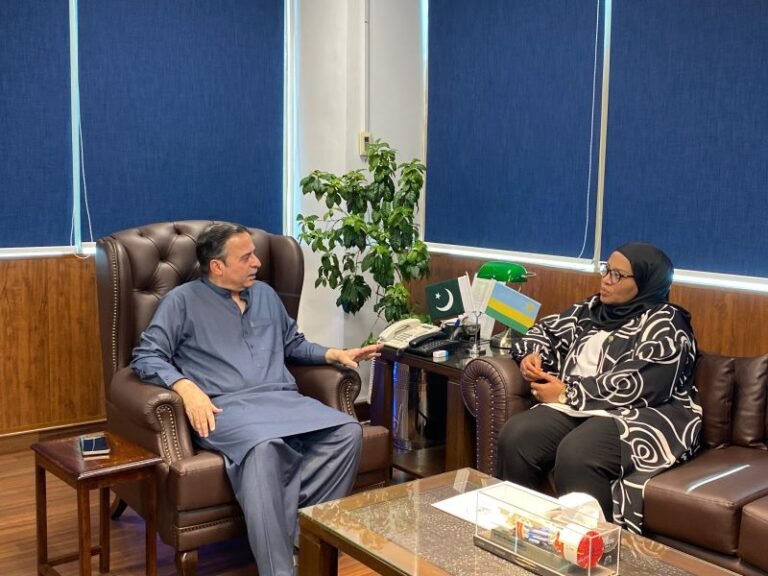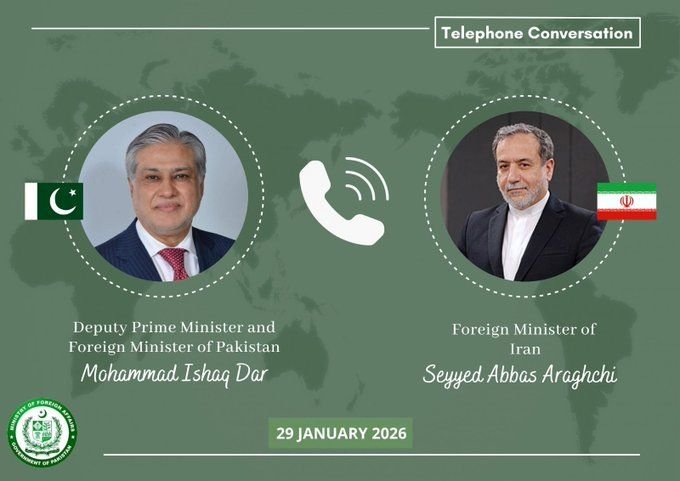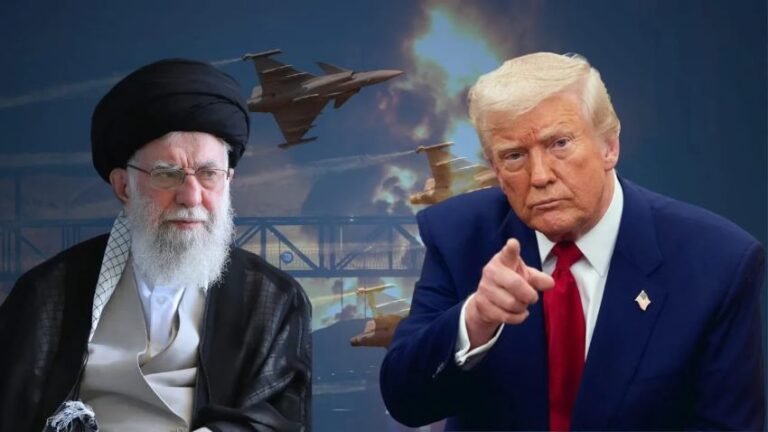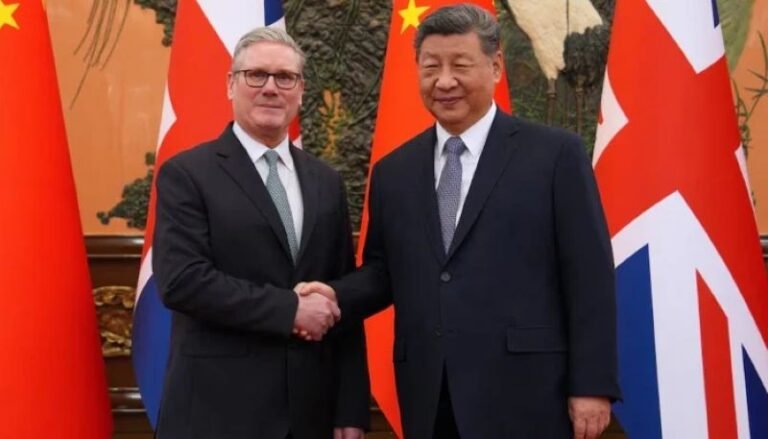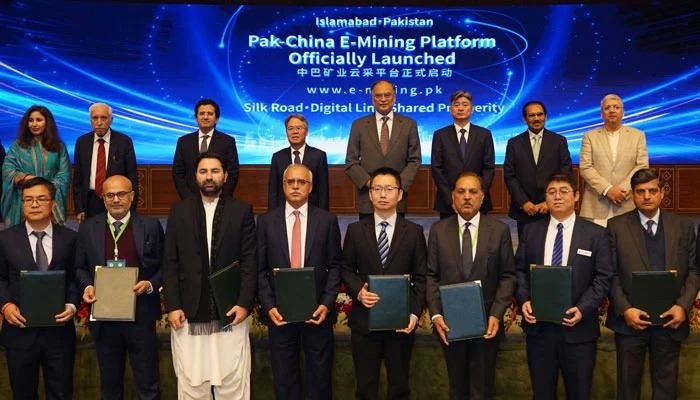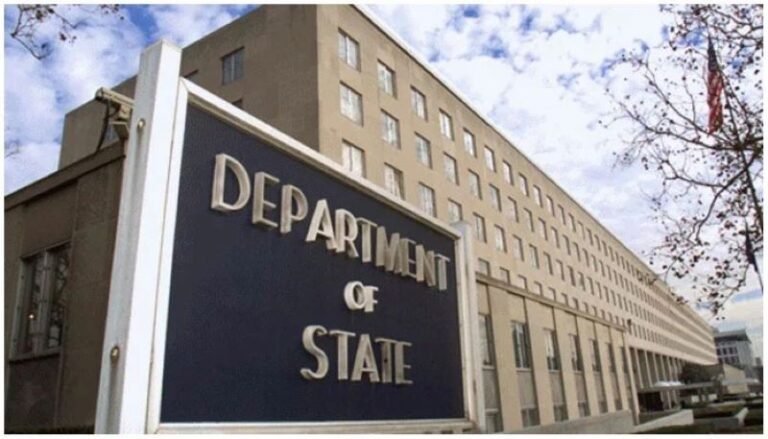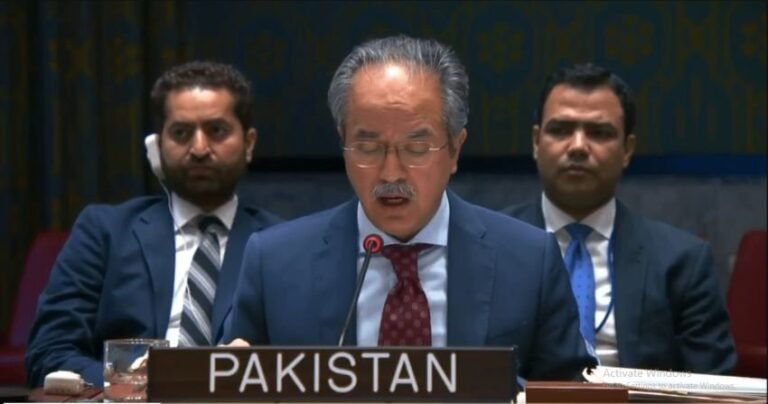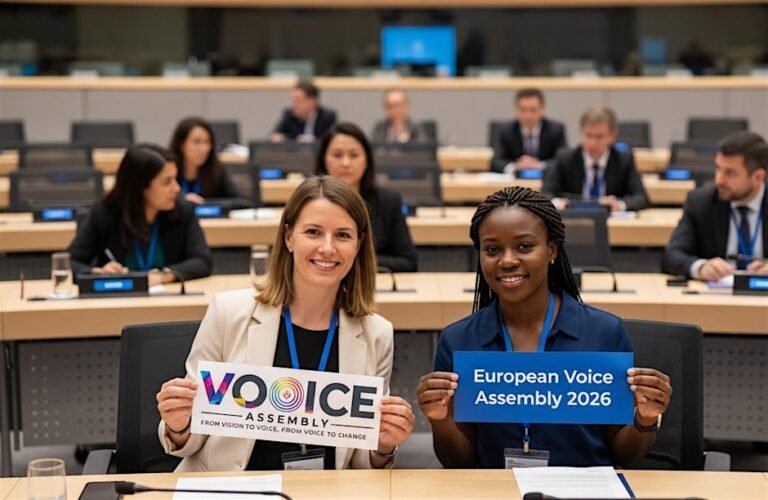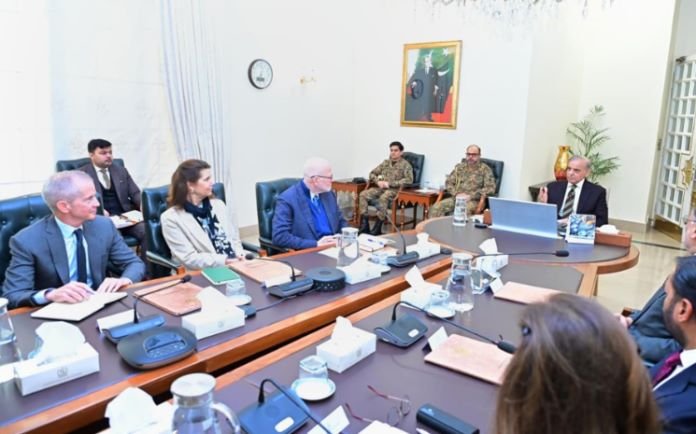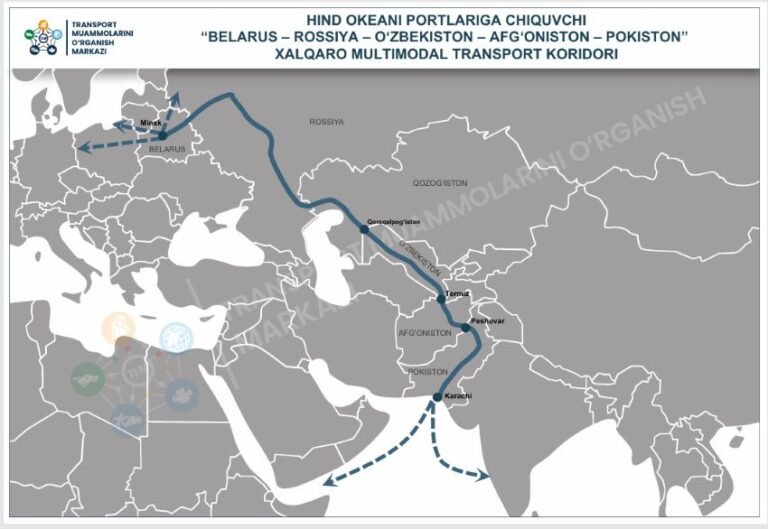Yemeen Hasan
The President of the United States, Joe Biden, visited the Middle East from 13-16 July. Of the many agendas of the American President’s tour, the Ukraine crisis, the normalization of relations with Saudi Arabia, and the Iran nuclear deal were the top priorities. The US has been trying to reengineer a nuclear deal with Iran that would most likely involve Saudi Arabia and Israel.
In the meeting with the Israeli Prime Minister, Yair Lapid, the two leaders concluded Jerusalem Declaration for the enhancement of strategic cooperation between their countries and collaboration to avert Iran’s attainment of nuclear weapons. Lapid stressed that diplomacy was not a viable solution for Iran’s case, and there is a need for the US to introduce a more belligerent policy, like a credible military threat to thwart Iran’s nuclear ambitions.
Biden declared the Jerusalem Declaration a joint attempt to avert Iran from attaining nuclear weapons. He also emphasized that Iran’s nuclear deal is essential not only for the security of the US or Israel but also for the entire world. On the subject of using force to stop Iran, President Biden asserted that diplomacy is the best way to achieve the solution.
Iran’s nuclear program has been a bone of contention between the US and Iran for a while now. While Biden met the Israeli Prime Minister, Iran revealed its first division of submarines and vessels capable of carrying armed drones. The Iranian Military Commander claimed it became the need of the hour for Iran to acquire advanced military capabilities, considering the aggressive attitude of the United States. Responding to the show of Israel’s latest Iron Beam air defense system to President Biden, the Iranian military commander warned, “If the enemies make a mistake, these drones will present them with a regrettable response.”
Under the Atoms for Peace program, Iran initiated its nuclear program in the 1950s with the help of the US. It also became a signatory of the Non-Proliferation Treaty, ensuring the acquisition of nuclear power for peaceful purposes only. However, after the Islamic Revolution in Iran, in 1979, relations between US and Iran began aggravating. In the early 2000s, Iran was accused of carrying out the nuclear program for non-peaceful goals. An inquiry launched by the IAEA unveiled Iran’s involvement in covert nuclear activities such as the uranium enrichment program. Upon this, several sanctions were imposed on Iran to halt its nuclear program. These sanctions adversely impacted the country’s trade (specifically the oil exports), the Iranian rial plunged, and inflation surged.
Iran has always been a significant actor in Middle Eastern politics, and any plan relating to the region would be unimplementable without Iran. In 2015, attempts were made by the major international powers to bring about a diplomatic settlement to the issue, and as a result, the Joint Comprehensive Plan of Action was introduced. It included Russia, China, the US, the EU, and Iran. Under this plan, Iran agreed to minimize its stockpile of uranium while eradicating the core of the “Arak Reactor” in exchange for lifting sanctions. But in 2018, under American President Donald Trump, the US withdrew from the JCPOA.
After assuming office as the President of the US, Joe Biden expressed his will to resume the nuclear deal with Iran. This time, the Arab states have been actively participating in facilitating the deal. In May, the IAEA blamed Iran for the lack of cooperation. Upon this, UAE called on Iran to “closely cooperate” with the IAEA. Subsequently, the US imposed sanctions on Iranian petrochemical firms and the Chinese and Arab companies assisting Tehran in its nuclear agendas. The Iranian President, Ebrahim Raisi, expressed his disappointment over the US bombarding it with sanctions while claiming to want a solution.
Qatar played a significant part in the Iran-US nuclear deal by hosting indirect talks among the officials of both states. EU mediated these talks; however, there were no direct negotiations as US-Iran diplomatic relations are currently at a stalemate. This was an attempt to facilitate the US-Iran nuclear deal just two weeks before Biden’s tour of the Middle East. However, Iran stressed upon the US to adopt a more flexible approach and remove the “Islamic Revolutionary Guard Corps” from the US list of “Foreign Terrorists Organization.” Furthermore, Iran also emphasized lifting economic sanctions, in turn, to soften down its nuclear program. Washington, however, remained insistent that Iran should drop the demands. Thus, no fruitful conclusion was reached.
There has been an evident change in the attitude of both US and Middle Eastern states, which are now looking for channels of collective prosperity. Joe Biden’s emphasis on the use of diplomacy as a tool to revive relations with the Middle Eastern states is a reflection of the fact that using military power lies last on the US list of priorities. In the light of the previous lessons that the US learned by invading Iran and Afghanistan, the Biden administration is certain to use all the diplomatic channels available before resorting to military power. On the other hand, Israel has been stressing the need to use military force to deal with Iran. The latter asserted that a rigorous counterattack would be launched in response in case of an attack. This is an alarming situation as two key actors in the Middle Eastern region are threatening each other with military aggression.
Nevertheless, the expanding Arab-US axis is shifting the Middle Eastern dynamics in favor of cooperation and prosperity. The establishment of diplomatic relations of the UAE with Israel and the progress in the latter’s ties with Egypt and Jordan indicates that Arab countries are looking to expand their span of cooperation by prioritizing solutions to issues and focusing on diplomatic settlement. UAE is urging the Arab Gulf states for “collective diplomacy.” Iran is an important player in Middle Eastern politics. Any action that it takes can impact regional stability. Considering the shifting political dynamics of the Middle East, it is evident that states are looking for opportunities to reduce political tensions, economic boom, and international integration. On the other hand, Iran is still relying on the attainment of military capabilities to confront its enemies.
It is important to note that the 21st-century international dynamics require emphasis on diplomacy and economic prosperity as a determinant of triumph. Iran’s military aims will contribute to isolating it both regionally and internationally. Iran severely needs to tone down its stances to prevent the formation of an anti-Iran bloc in the Middle East. Despite continued efforts to bring both countries to the negotiation table, no progress has occurred. A peaceful settlement of matters is urgently required to save the region from engulfing another military conflict. There is a need for greater efforts at the regional and international levels to facilitate the US-Iran nuclear deal. The role of the EU and Arab countries will be immensely paramount in this regard.
*The author is a researcher and an International Relations graduate from Kinnaird College for Women. She can be reached at yemeenhasan@gmail.com
*The view expressed in this article are the writer’s own and do not reflect those of the institutions
Established in December 2008, The Diplomatic Insight is Pakistan’s premier diplomacy and foreign affairs magazine, available in both digital and print formats.

